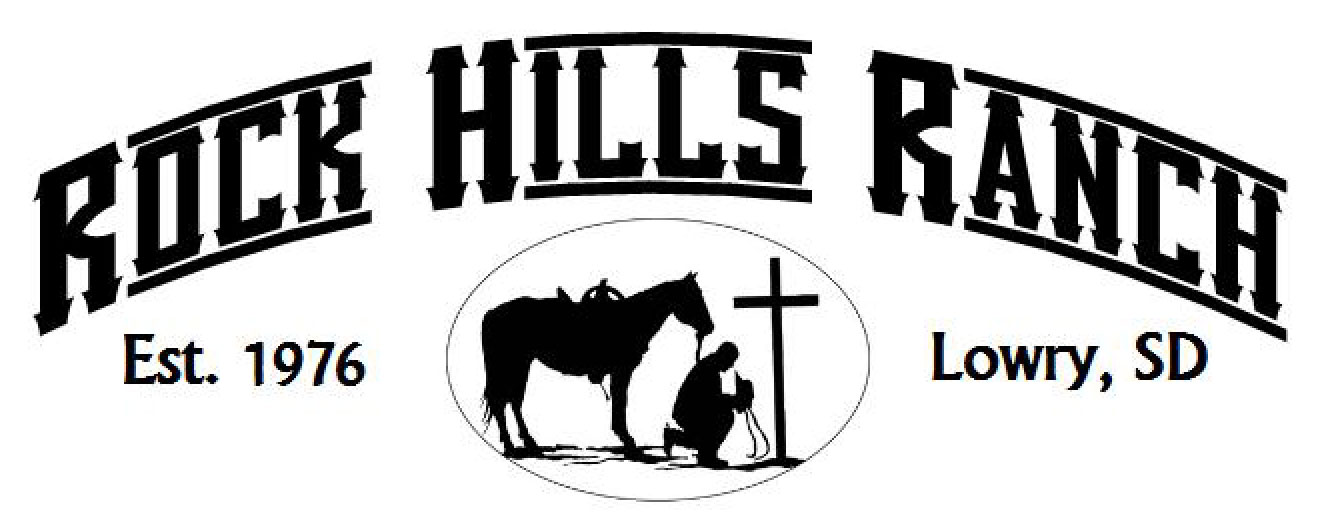Changing public perception about beef
This week, I had the chance to visit the offices of a major voice voice for the beef industry in the US. I’ll leave them unnamed for now. One of their primary roles is to defend and promote beef as a healthy, safe, environmentally-friendly food source. I think they probably do a fine job on the first two subjects, but as I read through their “mythbusting” of beef being bad for the environment, I thought they should have titled that section “Beef: It’s not quite as bad as you think!” I wasn’t sure if they were defending beef production or a nuclear waste dump. Let me explain.
.
When you use language to describe how much more efficiently you produce something, and include statistics like 43% less land per unit and 73% less water and 51% less manure, it sounds like cattle are bad for the land….or else why would it be a good thing that they are using less of it?
Land
The soil health movement is realizing the value of integrating livestock with crop ground. Nature thrives on diversity, and as we have removed livestock from so many acres in favor of cash crops, we have lost a whole host of organisms that have a symbiotic relationship with large ruminants. The truth is, healthy land needs to have animals and plants present. Using less land is detrimental to the environment, not beneficial.
Water
If I tell you it takes 2400 gallons of water to make a pound of beef, what’s the image that comes to mind? Probably a big tank of water, or the faucet in your kitchen, right? It’s as if each gallon of water comes out of a spigot, into the beef, and is never seen again. That’s an incredibly inaccurate perception, and it’s what the anti-beef crowd would like you to keep thinking about. It ignores the concept of the water cycle, and forgets that the vast majority of the water “used” in beef production is actually rain that falls from the sky – and benefits far more than just making hamburgers. In fact, cattle production on diverse grasslands has a huge benefit over crop production in terms of water management. Grasslands act like a big sponge and filter, recharging our below-ground aquifers with clean water, keeping sediment out of our streams and rivers, and managing the flow from rainfall events to prevent flooding. Crop ground has a much higher likelihood of shedding water quickly (contributing to flooding), along with top soil and and nutrients, into our rivers and streams. Grassland also conserves moisture better, losing less to evaporation because of the lack of dark, bare ground. Healthy grasslands are only possible with large ruminants like cattle.
Manure
The valuable byproduct of the ruminant digestive system that provides fertility for the plants consumed by that animal, and contributes to mineral cycling necessary to support a while host of organisms? Why should we be glad we are producing less? Before the 1940s, manure was virtually the only fertilizer we had in agriculture for thousands of years, and now it’s just a big problem? Is this not a natural process of cycling nutrients? Why are we proud to have less of it? Manure is only a problem when there is too much in one place. When it is distributed, it is a key part of the natural environment. Producing beef is not the sole purpose of a cow. Manure is arguably as important as the beef. It sustains an entire ecosystem, not just a single species.
.
This type of “defense” sounds to the public like a smoker saying he cut back from three packs a day to one. It does noting at all to change the idea that beef is bad…just claims that it’s not as bad.
.
Not being one to shy away from an opportunity to share my opinion, I set them straight. Cattle are – or at least can be – a vital part of the grassland ecosystem. Large ruminants have been for centuries. Beef is a byproduct of an incredibly complex system, the prairie. Cattle are not a blight…they are necessary to maintain it’s health .
.
Have you ever heard anyone talk about how terrible bison were for the Great Plains, and it’s a good thing we nearly exterminated them to “save the prairie”? Of course not. As cattle fill that role now, we should be proud of that and embrace it.
.
Will anything change in that organization’s approach to defending beef? I hope so. To their credit, I had a private email exchange with their PR director and he agreed that more emphasis needs to be placed on grass-based operations. He asked for any resources I knew of, so I sent him a few contacts of researchers well-versed in grazing ecology.
.
I’m tired of the “other side” controlling the conversation and speaking only in their terms. It’s high time we explain the value of cattle with a wider perspective, one that recognizes the entire cycle. Not only is it more accurate, I believe the public perception will be far more positive than the “beef apology tour” that seems to be coming from many industry voices today.
